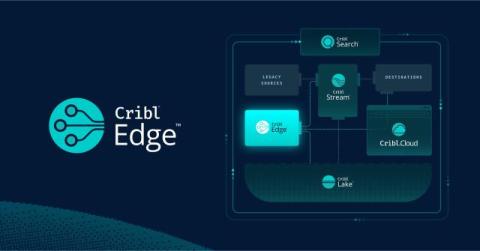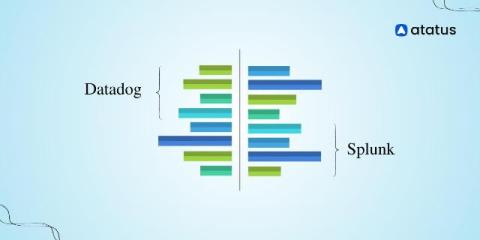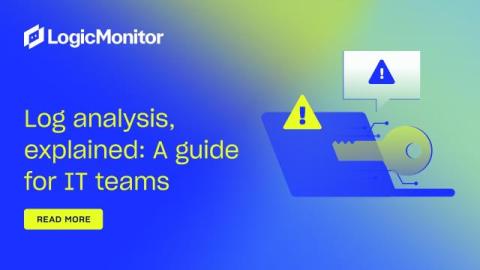Accelerate Visibility and Analysis With New Cribl Search Packs
Our new Cribl Search Packs give you a framework for packaging, sharing, and installing config bundles that align with a given data source or use case. Similar in concept to our original Cribl Stream Packs framework, Cribl Search Packs help users find value in their datasets more quickly across common use cases. In fact, Stream Pack users were a powerful driver in the development of Search Packs.











